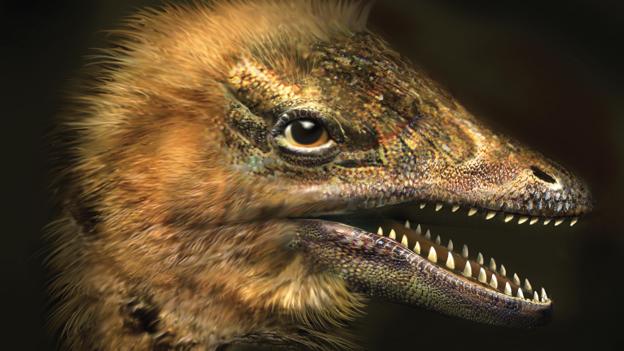- Joined
- Jul 1, 2012
- Messages
- 871
- Reaction score
- 2
Hi B+. As I understand it you are breeding in the hygienic trait whilst keeping other desirable traits such as wintering, honey production' limited swarming etc. Is that specifically because we know that hygienic bees control varroa mites better, or because they keep colonies healthier (e.g. less brood disease), or both?
I know that for varroa tolerance Randy Oliver has been selecting breeder queens from colonies which keep the mite levels low without treatment, measured using alcohol wash. Only 2% of his colonies could do that in year one. He is not specifically targeting hygienic behaviour but the ability to maintain low mite levels. If hygienic behaviour is just one of a number of strategies that bees use to control mite levels, might we be missing something by just concentrating on hygienic behaviour?
I know that for varroa tolerance Randy Oliver has been selecting breeder queens from colonies which keep the mite levels low without treatment, measured using alcohol wash. Only 2% of his colonies could do that in year one. He is not specifically targeting hygienic behaviour but the ability to maintain low mite levels. If hygienic behaviour is just one of a number of strategies that bees use to control mite levels, might we be missing something by just concentrating on hygienic behaviour?



















































